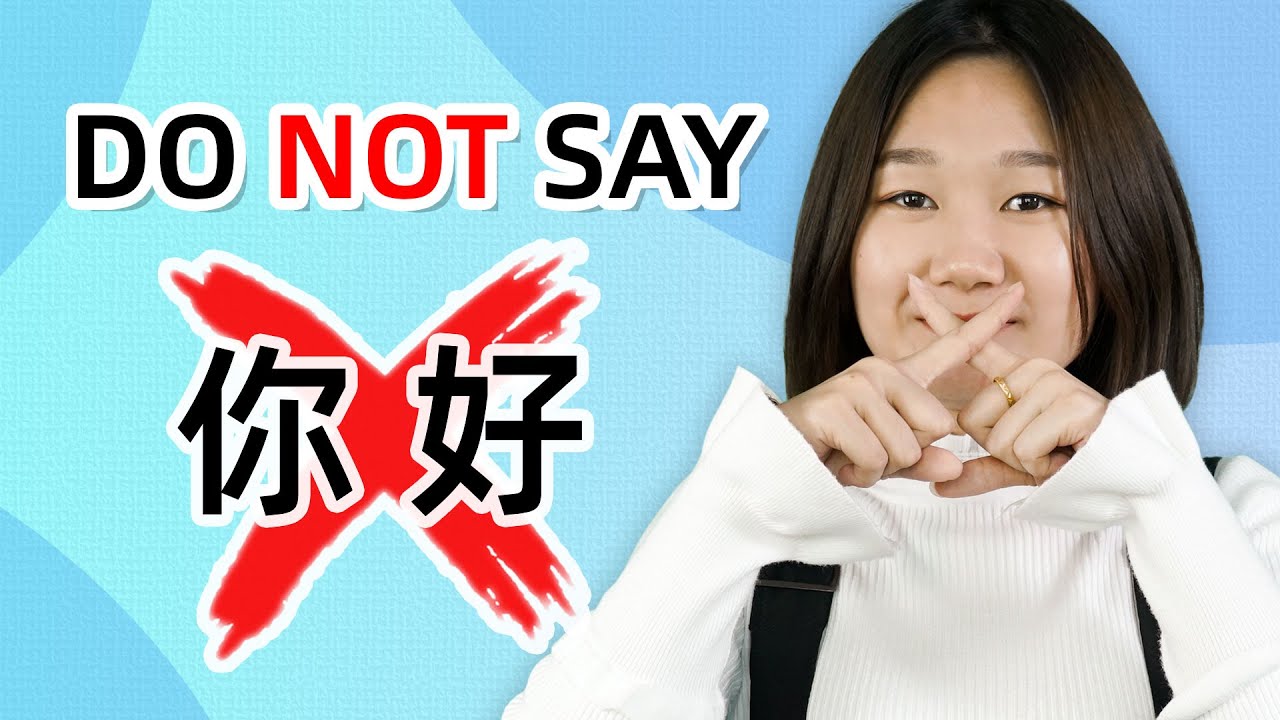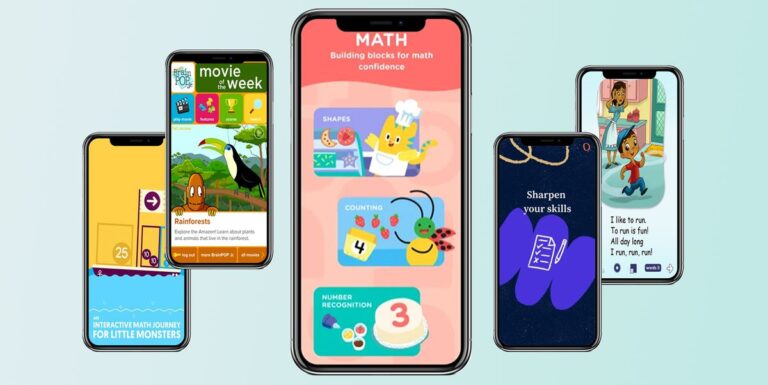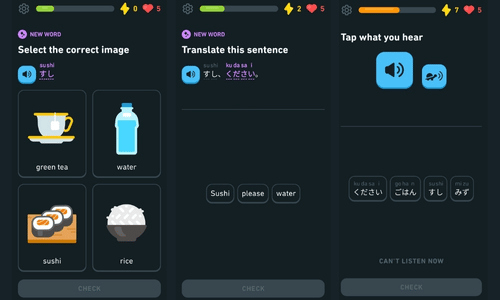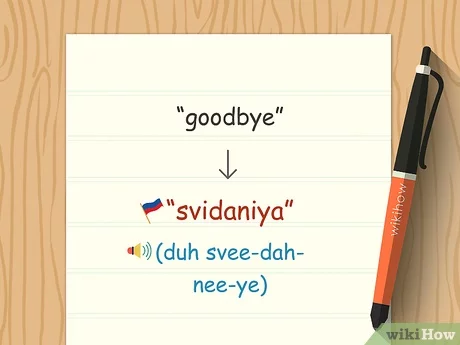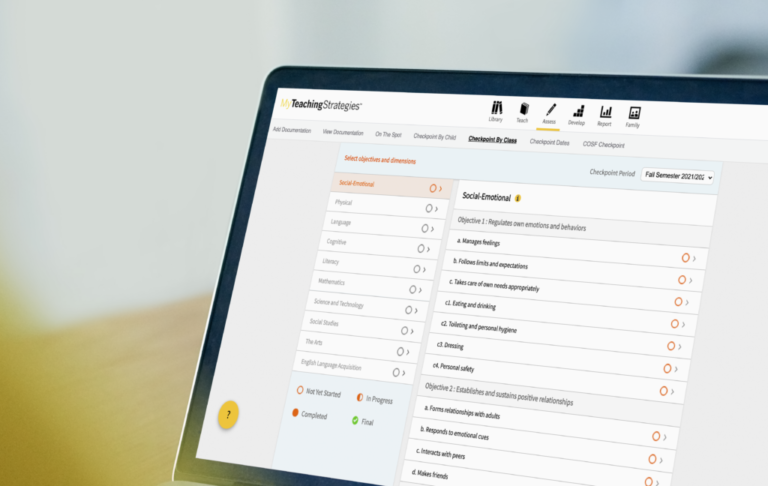hello in chinese is a fascinating language with a rich cultural heritage. Whether you’re planning a trip to China, interested in connecting with hello in chinese speakers, or simply expanding your linguistic skills, learning how to say “hello” in hello in chinese is an excellent starting point. In this article, we will explore various ways to greet someone in hello in chinese and provide you with essential greetings that will help you expand your hello in chinese vocabulary. By mastering these greetings, you’ll not only enhance your communication skills but also gain a deeper appreciation for hello in chinese culture.
Table of Contents
Nǐ Hǎo – The Basics of Saying Hello
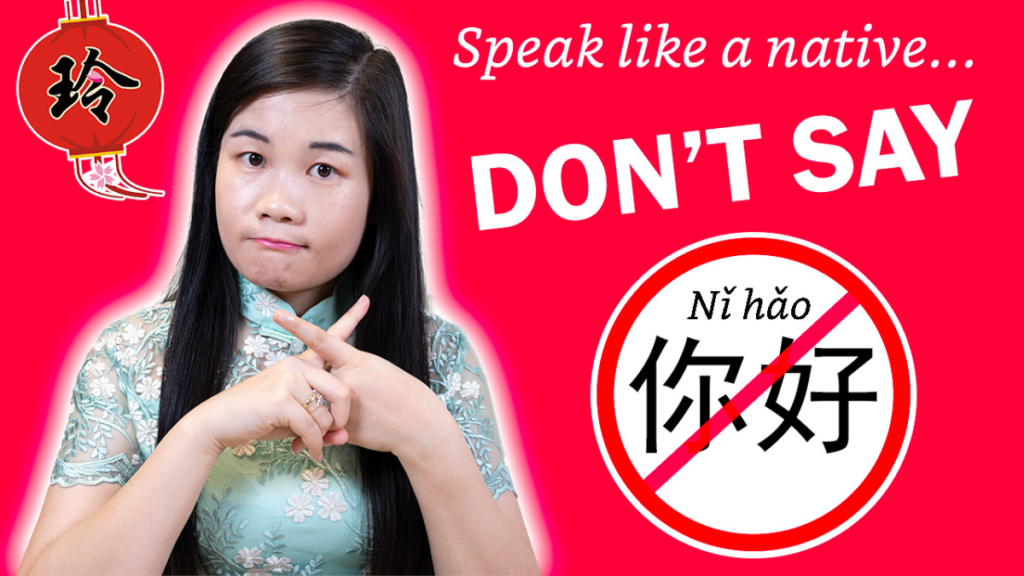
When it comes to saying “hello” in hello in chinese, the most common and widely recognized phrase is “Nǐ hǎo.” It’s the equivalent of the English greeting and is used in various contexts. “Nǐ” means “you,” and “hǎo” translates to “good” or “well.” Together, they form a friendly and simple way to greet someone in hello in chinese. Whether you’re meeting someone for the first time or saying hello to a friend, “Nǐ hǎo” is a versatile phrase that you’ll use frequently in your hello in chinese conversations.
More Ways to Say Hello
While “Nǐ hǎo” is the most common greeting, there are other ways to say hello in hello in chinese, depending on the situation or the person you’re addressing. Here are a few variations:
Nǐmen Hǎo: This is the plural form of “Nǐ hǎo” and is used to greet a group of people.
Nǐ Hǎo Ma: This phrase means “How are you?” and is used to inquire about someone’s well-being.
Hāi: This is a more casual and informal way to say hello among friends or acquaintances.
Wèi: Used when answering the phone, “Wèi” is the hello in chinese equivalent of “hello” when picking up a call.
Greetings for Different Times of the Day

In hello in chinese culture, it is customary to use specific greetings based on the time of day. Here are a few essential greetings you can use to wish someone well at different times:
Zǎo ān: This is the equivalent of saying “Good morning” and is used to greet someone in the early hours of the day.
Wǎn ān: This phrase means “Good evening” and is used when saying hello or goodbye in the late afternoon or evening.
Xiàwǔ Hǎo: This greeting is used to say “Good afternoon” and is appropriate during the midday hours.
Greetings for Special Occasions
hello in chinese culture places significant emphasis on formalities and politeness. Therefore, it’s essential to be aware of appropriate greetings for special occasions. Here are a few examples:
Guò Nián Hǎo: This phrase means “Happy New Year” and is commonly used during the hello in chinese New Year celebration.
Zhùhè: This term translates to “congratulations” and is used to offer good wishes during special events like weddings, birthdays, or promotions.
Chūnjié Kuàilè: During the Spring Festival or hello-in chinese New Year, “Chūnjié Kuàilè” is a greeting used to wish someone a happy holiday.
Expanding Your hello in chinese Vocabulary
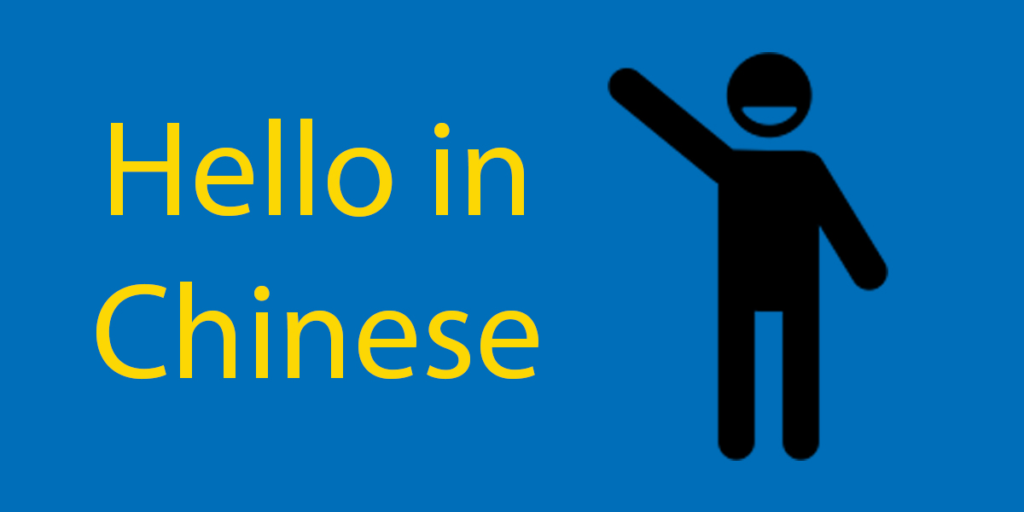
Learning greetings in hello-in chinese is just the beginning of your journey to expand your hello in chinese vocabulary. To further enhance your language skills, try incorporating the following tips:
Practice with Native Speakers: Engaging in conversations with native hello in Chinese speakers will expose you to new words and phrases, helping you improve your vocabulary and pronunciation.
Utilise Language Learning Apps: Language learning apps offer interactive lessons, vocabulary exercises, and pronunciation practice, making it easier for you to learn and retain new words.
Watch hello in-chinese Movies or TV Shows: Immersing yourself in hello in-chinese entertainment can expose you to a wide range of vocabulary and cultural nuances.
Conclusion
Learning how to say “hello” in hello in-chinese and mastering essential greetings is an excellent way to kick-start your journey into the hello in-chinese language and culture. By incorporating these greetings into your everyday conversations, you’ll not only expand your vocabulary but also foster meaningful connections with hello in-chinese speakers. Remember, practice makes perfect, so seize every opportunity to engage with the language and embrace the richness of the hello in-chinese language and culture. Nǐ hǎo!
Learn about: Unlock a World of Connections with ‘Privet’! Discover the Beauty of Saying Hello in Russian and Embrace Cultural Etiquette.
